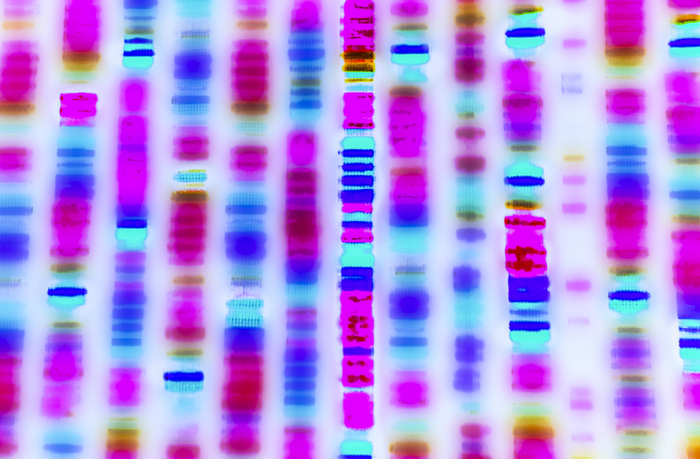Weill Cornell Medicine strongly supports legislation (S.3552/A.0049) that would provide for the licensing of genetic counselors and create the state board for genetic counseling.
Genetic counselors have advanced training in medical genetics and counseling to guide and support patients seeking more information about how inherited diseases and conditions might affect them or their families, and to interpret genetic test results based on personal and family history. The disclosure of genetic test results requires proper communication of genetic results and the associated health-related risks, in addition to their direct implications for medical screening and management. Referrals by the genetic counselor to appropriate medical specialists, therapists and support groups allows for the facilitation of multidisciplinary care to ensure patient needs are met to their entirety.
Genetic counselors work in a variety of settings, including but not limited to university medical centers, private and public hospitals/medical facilities and government organizations and agencies. Genetic counselors work in multiple areas of practice, including prenatal, cardiology, cancer, metabolic disease, neurology, pediatrics, infertility, precision medicine, and others. Increasing demands for genetic expertise in varied fields provides genetic counselors new ways of using their training. These include working in administration, basic and behavioral research, public and professional education, educational content development and editing, public health, private industry, laboratory support, public policy, public relations, and consulting. The application of a genetic counselors’ expertise often contributes to more efficient delivery of care. According to a study published by the Associated Regional and University Pathologists (ARUP) Laboratories in 2014, genetic counselors working in a laboratory revised 26% of the test orders over a 21-month period, leading to healthcare savings of nearly $1.2 million.
Unfortunately, lack of licensure is a disincentive for individuals who trained in New York to remain in the state and makes it more difficult to maintain the necessary workforce of genetic counselors in New York. States adjacent to New York that issue licenses for genetic counselors are New Jersey, Pennsylvania, Connecticut and Massachusetts. In addition, licensure would ensure that only individuals who have completed formal training in an accredited program and are certified by the American Board of Genetic Counseling (ABGC) would be permitted to practice the field of genetic counseling in the state of New York.


